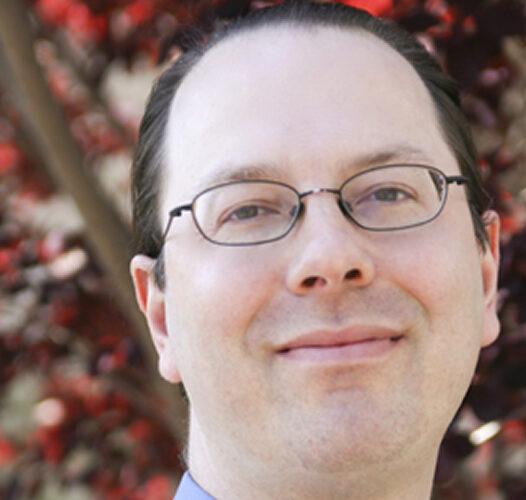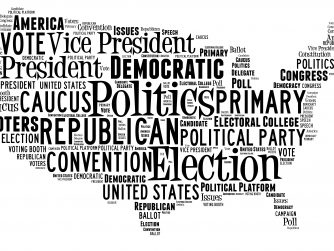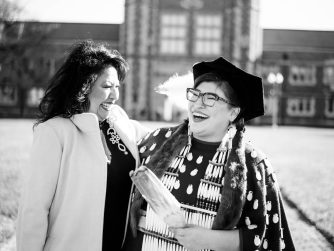Dr. Richard Smith
A river flows through many communities without regard for state lines. Air spreads out across the globe, ignoring international boundaries. Dangerous chemicals buried today will remain in the ground to be uncovered by our grandchildren, regardless of what international treaties say. Given the interconnectedness of ecological environments, the choices we make today impact others across both space and time. This interconnection also means that environmental issues must be addressed not just locally, but also at the global level. These concerns are at the heart of local and global movements for environmentally sustainable development, practices that aim to ensure social and environmental justice for both those living today and for future generations. As activists, organizers, and policy makers working within ecological systems and social justice perspectives, concerns of global environmental sustainability area natural fit for social work’s methods and values. But what work is being done to ensure environmental stability, and how can social workers get involved?
In this podcast, Dr. Richard Smith answers those very questions. He recounts his experiences participating in the United Nations’ 2012 Rio +20 Conference on Sustainable Development. He shares insights into the processes that the conference participants used to set goals, propose, and respond to social and political issues related to environmental sustainability. He also explores ways that national and international political structures influence policies, how decisions are made, and who is affected by those decisions. Dr. Smith also highlights the various ways that different communities world-wide address ecological crises and environmental justice issues, and in doing so offer creative alternatives to the status quo. He also offers advice for social workers interested in promoting sustainable development, and closes with some reflection on the impact of the growth of non-governmental organizations for the policy landscape, and the practical implications for promoting sustainable environmental development.
Richard Smith is an Assistant Professor of Social Work at Wayne State University. His research interests include sustainable community development, inequality, and migration. The Association for Community Organization and Social Administration named him the 2013 Emerging Scholar. Dr. Smith’s research is published in the International Journal of Social Welfare, Urban Studies, Progress in Community Health Partnerships, Social Work, and Administration in Social Work. Smith uses advanced data analytics about places to assess and evaluate community initiatives. He currently advises the development of the International Ecocity Standards and Framework, coordinated by Ecocity Builders, Inc. In Detroit, Michigan USA he advises the Hope Village Initiative. He obtained his PhD at the University of California, Berkeley with funding from the U.S. Department of Housing and Urban Development. Before pursuing his doctorate, he served as a Presidential Management Intern at the U.S. Department of Housing and Urban Development in Washington, D.C. Smith also worked in Mongolia, where he served in the U.S. Peace Corps training English teachers; managed the Spring English Language Center; and consulted for UNICEF and a World Bank/UNDP project.
Interviewer: Shaanta Murshid, PhD






